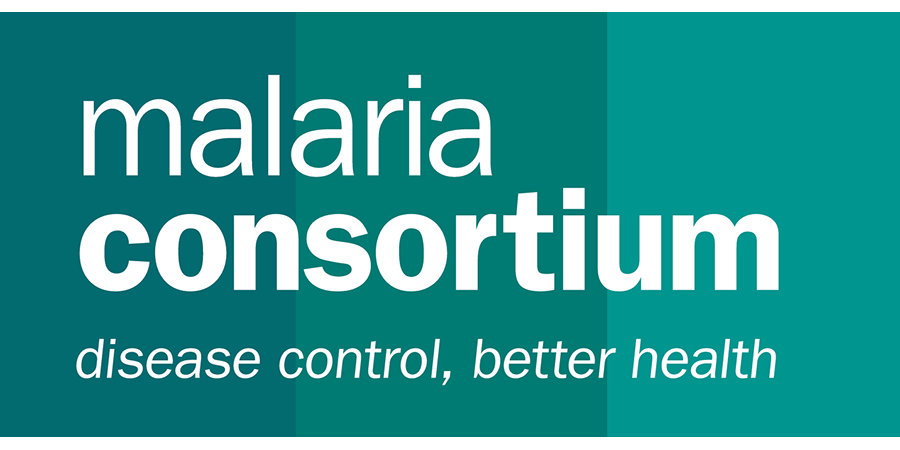By Akanimo Sampson
The Head of Technical with Malaria Consortium, a civic group for West and Central Africa, Helen Counihan, says antimicrobial resistance is a major global health challenge, affecting people, animals and the environment.
According to her, it occurs when bacteria and other microbes change and become resistant to the drugs designed to kill them, resulting in common infections becoming much more difficult to treat.
Diseases that would normally be easy to control or cure through the use of antibiotics suddenly become deadly. The drugs stop working.
The rest of her testimony goes thus: Imagine you are a chicken farmer, living in a remote village in Southeast Asia.
When you visit the local pharmacist, he tells you he has a drug that must be given at intervals to your chickens, to protect them from disease.
You have a choice: pay the money, buy the drugs and use them, or take a chance with not only the health of your chickens but also your livelihood. You pay the money, the pharmacist makes his profit, and you will never know whether the drugs were helpful or not.
Unbeknown to you, the drugs the pharmacist sold you were meant to be used only when the chickens are ill – but by selling you these drugs for use even when they are healthy, he has been able to maximise his profits.
This kind of behaviour is causing a health emergency around the world.
By buying and using these incorrect drugs, the chicken farmer has given bacteria the opportunity to learn and change, to work out how to defeat the antibiotics. When the farmer tries next to use the same drugs, to actually treat the disease (if it comes) they may not work and his chickens may die.
Global misuse and overuse of antimicrobial drugs (of which antibiotics are just one type) mean this kind of resistance is increasing: it is already estimated to cause 700,000 global deaths per year, and an estimated 10 million people will die as a result of antimicrobial resistance by 2050.
At the end of June, Malaria Consortium attended a workshop in Nepal, organised by the University of Leeds and HERD International, on how to tackle this global challenge. The workshop brought together a wealth of experience and expertise from a wide range of disciplines.
Over the three days the attendees – of which I was one – focused on the importance of engaging communities in this battle against antimicrobial resistance, and how vital it is that we work to change people’s attitudes and behaviour.
As well as looking at the science of antimicrobial resistance, the group discussed a variety of proposed ways to effect change: from running community health clubs to creating comic books and cartoons, and even theatre pieces. It was an enlightening experience, bringing together people from such different backgrounds, with fresh ideas to tackle a global threat.
Malaria Consortium attended the workshop both to offer an expert perspective on the human health element of antimicrobial resistance and also to share our experiences in Bangladesh. We have been working there in partnership with ARK Foundation and the University of Leeds to trial the use of Community Dialogue to change behaviours around antibiotic misuse.
Community Dialogue is designed to bring people together to talk about a specific health issue and how it affects them. Each meeting is facilitated by a trained volunteer from the community, and, as a group, they decide collectively how to address the problem, and find solutions.
As well as sharing our learning from this trial, we also showed a new video that showcases this work. You can watch the video here.
The way forward
The key message that came through from this fascinating workshop was the importance of working together for strong community engagement to tackle antimicrobial resistance; that taking on this global threat requires an inter-disciplinary approach. We must learn from each other and resist working in silos.
Not only this, but we need a One Health approach, where we address antimicrobial misuse not only in humans but also in animals, agriculture and the environment. Correcting behaviour and misuse in only one of these areas will not get to the root of the crisis. They must be addressed together.

